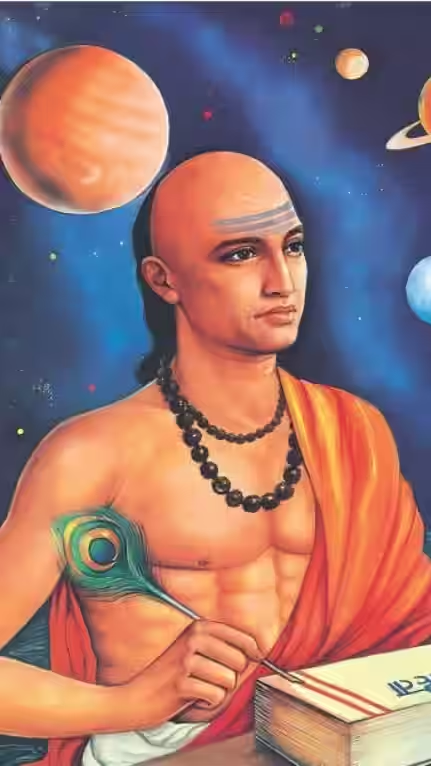
Aryabhata
Aryabhata was an ancient Indian mathematician and astronomer from the classical age of Indian mathematics and astronomy. He is the author of the Aryabhațīya and the Arya-siddhanta, influential treatises that were foundational to the fields. His groundbreaking insights, such as proposing a heliocentric model, explaining eclipses in scientific terms, and providing an incredibly accurate approximation of π, revolutionized scientific thought. Aryabhata introduced the concept of the decimal place value system and used zero as a placeholder well before these ideas reached the rest of the world. His calculation of the length of the solar year—365 days, 6 hours, 12 minutes, and 30 seconds—was remarkably close to the modern value. He established innovative methods in trigonometry, including accurate sine tables and the use of Sanskrit terms for trigonometric functions, and calculated the areas of triangles and circles with great precision. Aryabhata’s legacy endured through translations and citations in the Islamic Golden Age and medieval Europe, profoundly influencing later mathematicians such as Al-Biruni and Al-Khwarizmi.